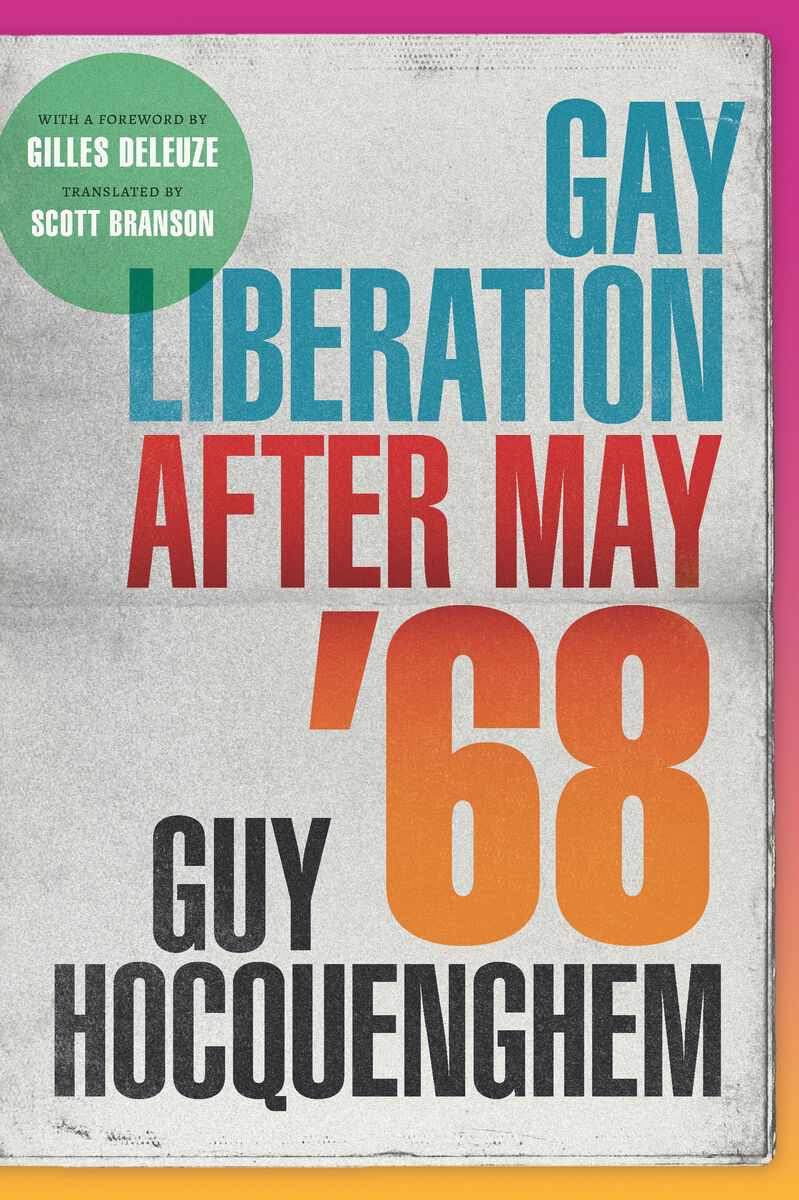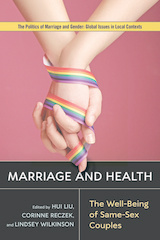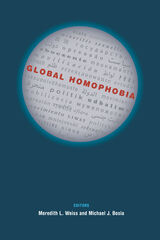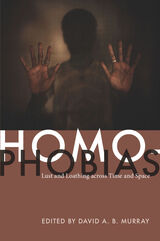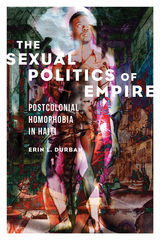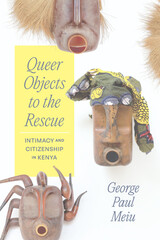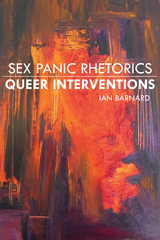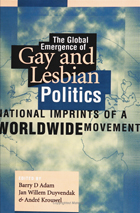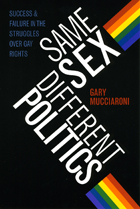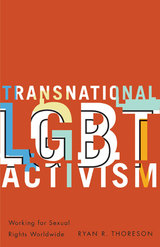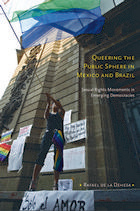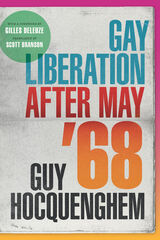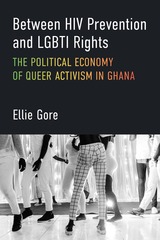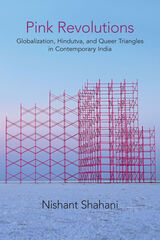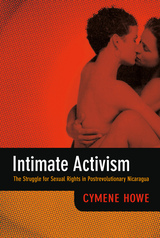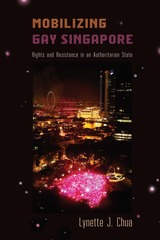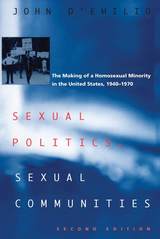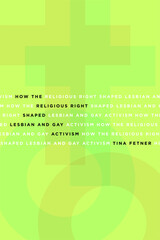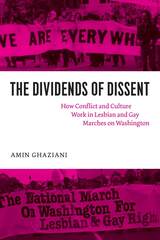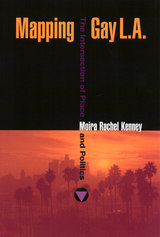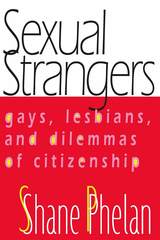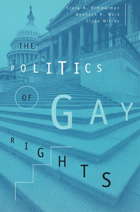Gay Liberation after May '68
Duke University Press, 2022
Cloth: 978-1-4780-1545-1 | Paper: 978-1-4780-1808-7 | eISBN: 978-1-4780-2269-5 (standard)
Library of Congress Classification HQ76.8.F8H63 2022
See other books on: 1958- | Gay activists | Gay liberation movement | Hocquenghem, Guy | Social movements
See other titles from Duke University Press
Cloth: 978-1-4780-1545-1 | Paper: 978-1-4780-1808-7 | eISBN: 978-1-4780-2269-5 (standard)
Library of Congress Classification HQ76.8.F8H63 2022
ABOUT THIS BOOK | AUTHOR BIOGRAPHY | REVIEWS | TOC | REQUEST ACCESSIBLE FILE
ABOUT THIS BOOK
In Gay Liberation after May ’68, first published in France in 1974 and appearing here in English for the first time, Guy Hocquenghem details the rise of the militant gay liberation movement alongside the women’s movement and other revolutionary organizing. Writing after the apparent failure and eventual selling out of the revolutionary dream of May 1968, Hocquenghem situates his theories of homosexual desire in the realm of revolutionary practice, arguing that revolutionary movements must be rethought through ideas of desire and sexuality that undo stable gender and sexual identities. Throughout, he persists in a radical vision of the world framed through a queerness that can dismantle the oppressions of capitalism and empire, the family, institutions, and, ultimately, civilization. The articles, communiques, and manifestos that compose the book give an archival glimpse at the issues queer revolutionaries faced while also speaking to today’s radical queers as they look to transform their world.
See other books on: 1958- | Gay activists | Gay liberation movement | Hocquenghem, Guy | Social movements
See other titles from Duke University Press
